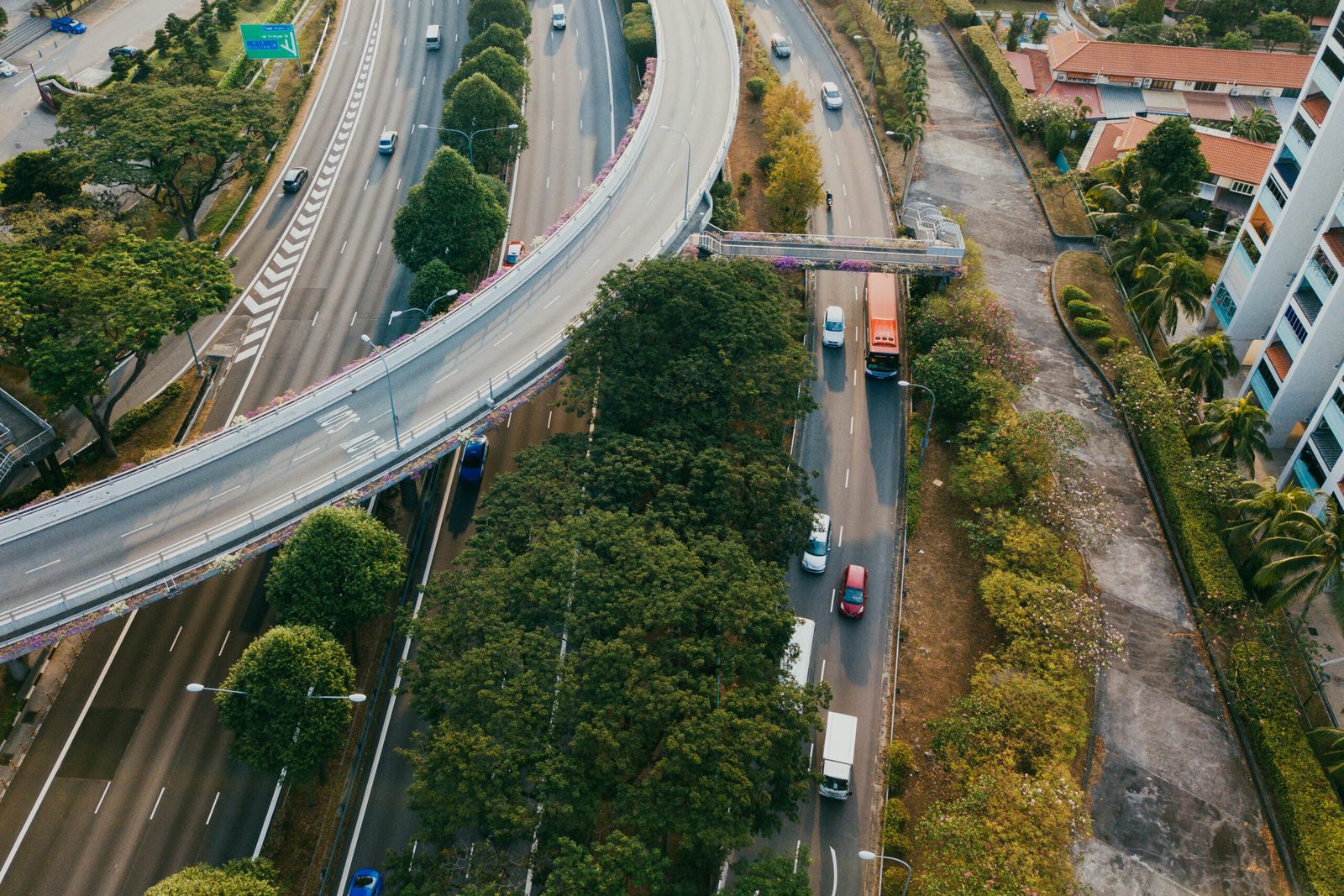News List
India Identifies 10 Priority Corridors for Zero-Emission Trucks

In a major push towards decarbonising its logistics sector, India has identified 10 high-impact highway segments where only zero-emission trucks (ZETs) will operate for freight movement in the near future. The initiative aims to reduce air pollution, improve energy security, and help India meet its long-term climate target of achieving net-zero emissions by 2070.
The corridors were announced by the office of the Principal Scientific Adviser (PSA) to the government, which has outlined them as pilot zones for early ZET deployment. These routes will also lay the groundwork for a nationwide infrastructure network for electric and hydrogen-based trucks. Trucks, which account for just 3% of total vehicles in India, are responsible for over a third of transport-related carbon dioxide emissions, making their electrification a critical priority.
According to Niti Aayog projections, India’s truck population is expected to quadruple from 4 million in 2022 to approximately 17 million by 2050, further emphasizing the need for rapid deployment of ZET technology. Ajay K. Sood, PSA, stated, “These corridors serve not only as the best candidates for ZET pilots but as blueprints for the future of freight movement. Their adoption will play a key role in decarbonising logistics, improving public health, and enhancing energy independence.”
The selected corridors are: Delhi–Chandigarh, Delhi–Jaipur, Pune–Nashik, Dhanbad–Kolkata, Kolkata–Haldia, Vijayawada–Visakhapatnam, Bengaluru–Chennai, Chennai–Viluppuram, Coimbatore–Salem, and Coimbatore–Kochi. Each corridor is planned to have the necessary charging and refuelling infrastructure to ensure seamless operations for ZET fleets.
The selection process involved a three-phase approach, including a quantitative and qualitative assessment of 230 initial corridors, stakeholder consultations, and detailed field research. Factors such as freight traffic, industrial activity, infrastructure readiness, corridor length relative to battery range, and commercial viability were also considered.
The report was prepared with support from the Centre of Excellence for Zero Emission Trucking (CoEZET) at IIT Madras, Rocky Mountain Institute, and pManifold. The central government has allocated Rs 500 crore under the PM E-DRIVE scheme to promote the adoption of zero-emission trucks.
With these corridors, India is taking a strategic step to modernize its freight transport, reduce emissions, and set a benchmark for sustainable logistics in the region.
